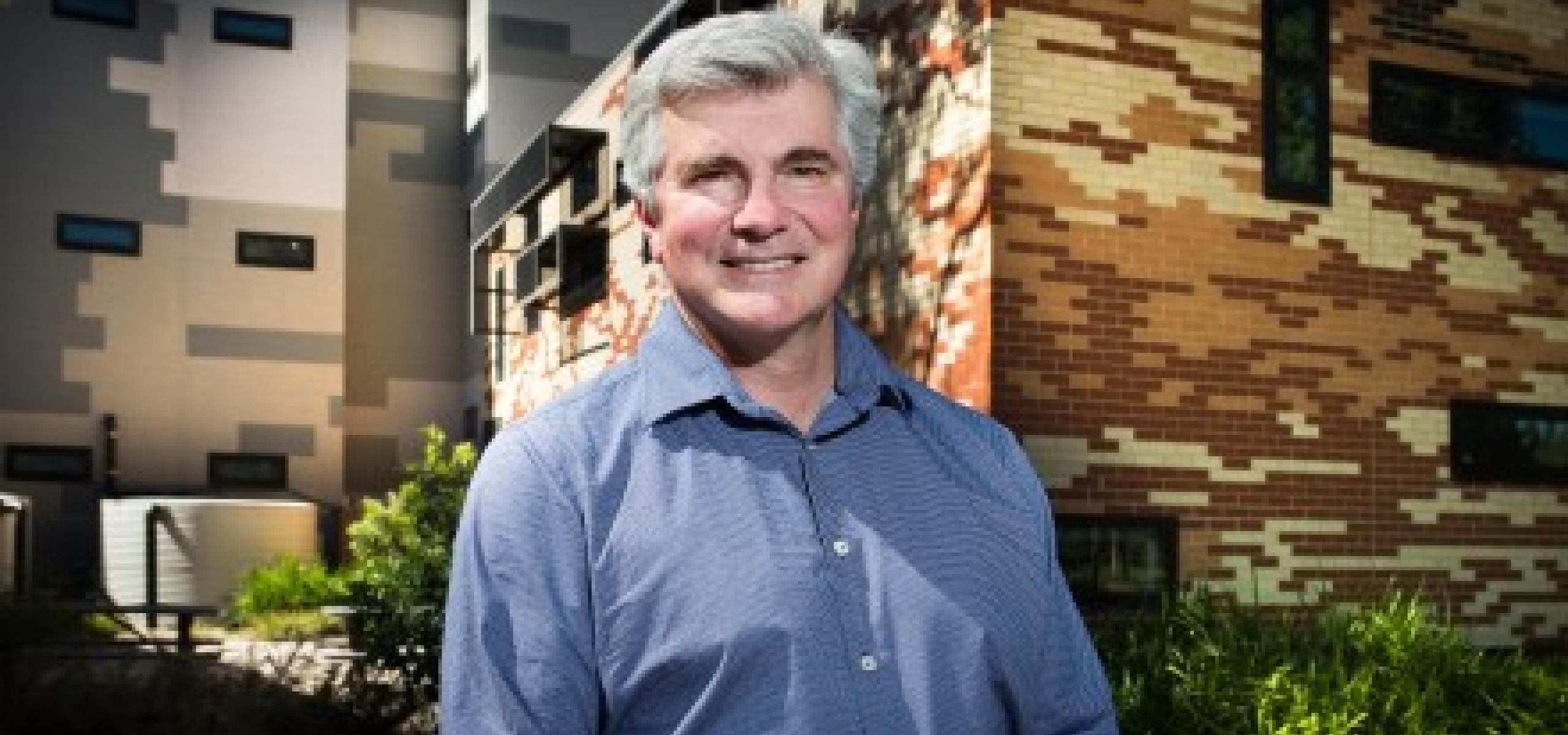
Date & time
Venue
Phillippa Weeks Staff Library, Law Building 7, 7.4.1
Register for the event
Event description
Join Professor Mark Howden (ANU Institute for Climate, Energy & Disaster Solutions) in conversation with Professor Andrew Macintosh (ANU College of Law) to discuss and engage on the following topic:
Climate change is accelerating, bringing with it not only real-world impacts across all sectors and regions, but also a need to adapt to these impacts. At the same time, we see a growing desire to reduce greenhouse gas (GHG) emissions – at least from the public. This has generated international agreements such as the Paris Agreement, national and sub-national commitments by governments and a plethora of commitments by industry and others. But so far this has not resulted in GHG emissions turning the corner and heading downwards. This has generated new policy responses, regulatory responses, corporate and community activism and de facto standards for managing climate risks (e.g. the TCFD approach). Intersecting these is an increasing number of legal cases addressing climate changes – with many unsuccessful but some significant successes.
So far, much of the focus of legal action seems to have been on cases addressing primary issues surrounding liability for climate impacts (e.g. it has becoming increasingly clear that some large emitters were very aware of the likelihood and consequences of climate change a long time ago but did not disclose this nor act on the knowledge). There is also the potential for a new focus addressing secondary issues as both climate adaptation and emission-reduction (and their interaction) introduce a new set of risks into the system, but this is only just now starting to be part of the broader discourse.
Speakers
Professor Mark Howden
Professor Mark Howden is Director of the Institute for Climate, Energy & Disaster Solutions at The Australian National University.
He is also an Honorary Professor at Melbourne University, a Vice Chair of the Intergovernmental Panel on Climate Change (IPCC) and is a member of the ACT Climate Change Council. He was on the US Federal Advisory Committee for the 3rd National Climate Assessment, was a member of the Australian National Climate Science Advisory Committee and contributes to several major national and international science and policy advisory bodies.
Mark has worked on climate variability, climate change, innovation and adoption issues for over 30 years in partnership with many industry, community and policy groups via both research and science-policy roles. Issues he has addressed include agriculture and food security, the natural resource base, ecosystems and biodiversity, energy, water and urban systems.
Mark has over 420 publications of different types. He helped develop both the national and international greenhouse gas inventories that are a fundamental part of the Paris Agreement and has assessed sustainable ways to reduce emissions. He has been a major contributor to the IPCC since 1991, with roles in the Second, Third, Fourth, Fifth and now Sixth Assessment Reports, sharing the 2007 Nobel Peace Prize with other IPCC participants and Al Gore.